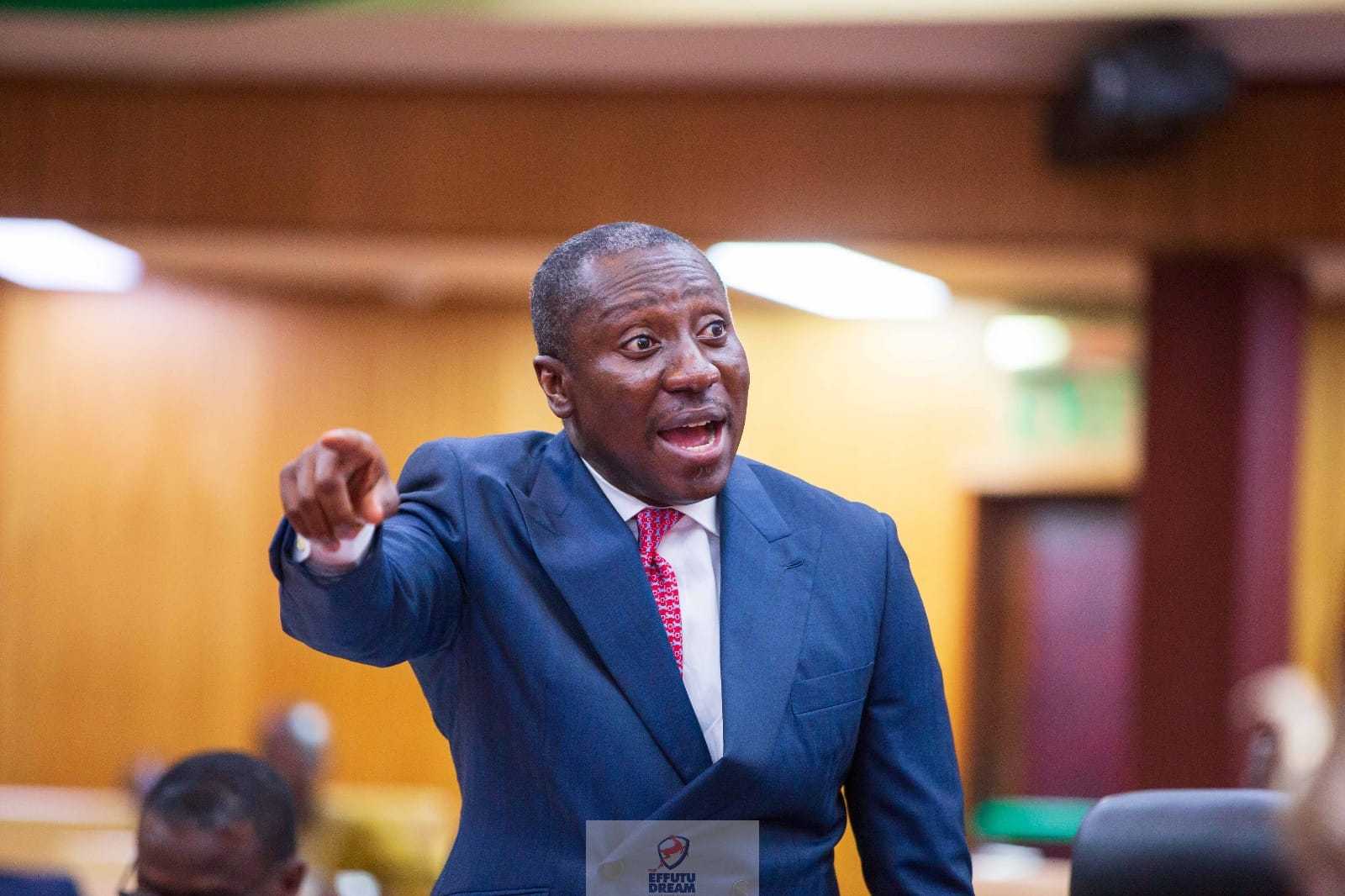adverts
Speaker Bagbin treats Parliament like personal property —Majority leader
The majority leader in Parliament, Alexander Afenyo-Markin, has voiced strong dissatisfaction with Speaker Alban Bagbin’s decision to decline a request for an emergency recall of Parliament.
The majority caucus had sought a recall on November 28 and 29 to address urgent national issues, formalising their proposal in a letter dated November 22, 2024.
However, Speaker Bagbin rejected the request, maintaining that Parliament would remain suspended until after the December 7 general elections.
adverts
In an interview with Joy News, Afenyo-Markin expressed frustration over what he described as the Speaker’s unilateral control over parliamentary proceedings.
“Today, the Speaker of Parliament has taken Parliament as his personal property. As and when it pleases him, he opens Parliament,” Afenyo-Markin said.
He accused the Speaker of failing to act democratically even after legal disputes over the parliamentary shutdown were resolved in favour of the New Patriotic Party (NPP).
“We [NPP MPs], as law-abiding citizens, took the matter to court. The court ruled in our favour. They contested the case and lost. I was expecting Mr. Speaker to immediately open Parliament as a Democrat and allow government business to continue, but he did not,” Afenyo-Markin added.
The Speaker’s stance has deepened tensions between the majority and minority caucuses in Parliament, with Afenyo-Markin calling on his National Democratic Congress (NDC) colleagues to reflect on the implications of the impasse for governance and democracy.
The suspension of parliamentary activities until the elections leaves unresolved issues pending in Parliament, raising questions about the balance of power and the management of legislative duties during critical national periods.


